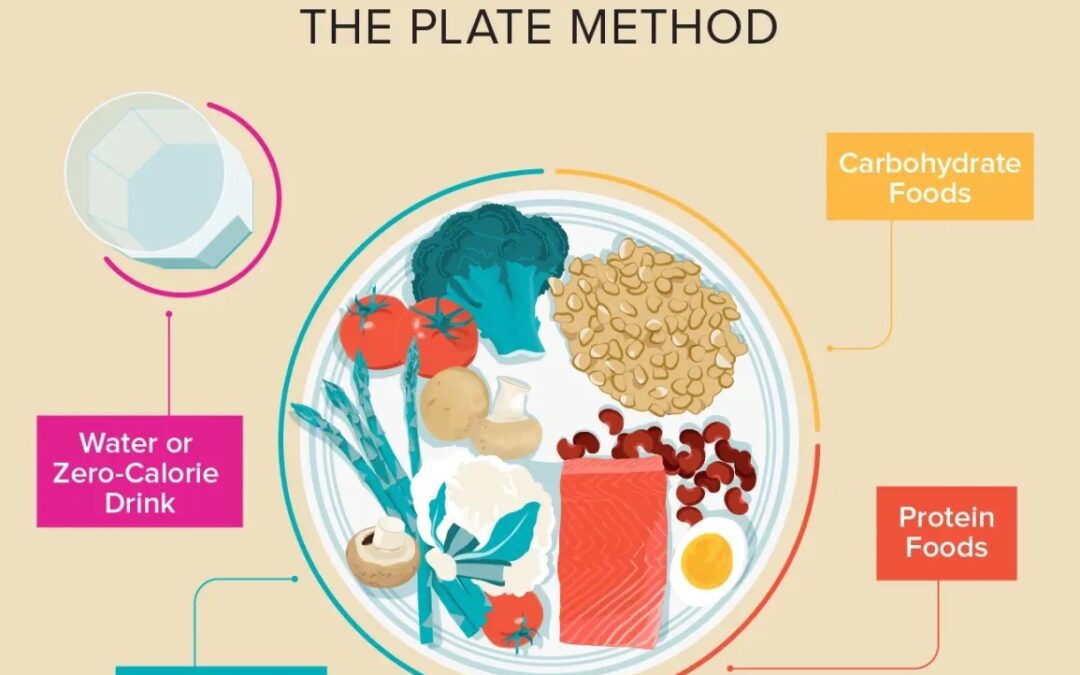What is the best diet for a diabetic person? and how best healthcare supplements improve diabetic life.
Best Diet for a Diabetic Person
A well-balanced diet plays a crucial role in managing diabetes effectively. The primary goal is to control blood sugar levels while providing the necessary nutrients to maintain overall health.
Here are some key guidelines for creating a diabetes-friendly diet:
Focus on Whole Foods: Incorporating whole grains, fruits, vegetables, lean proteins, and healthy fats is essential.
These foods are more nutritious and generally have a lower glycemic index, which helps manage blood glucose levels.
Monitor Carbohydrate Intake: Understanding carbohydrate counting is vital for blood sugar control.
Diabetics should aim to choose complex carbohydrates over simple sugars and space carbohydrate intake evenly throughout the day to prevent spikes in blood glucose.
Choose Non-Starchy Vegetables: Vegetables like spinach, broccoli, and peppers are low in calories and carbohydrates, making them ideal for a diabetic diet.
Aim to fill half your plate with non-starchy vegetables at each meal.
Incorporate Lean Proteins: Opt for lean sources of protein such as poultry, fish, legumes, and low-fat dairy options.
These help with satiety and muscle maintenance without contributing to excessive fat intake.
Limit Saturated and Trans Fats: Reducing intake of saturated fats found in full-fat dairy and processed meats, as well as avoiding trans fats present in many fried and packaged snacks, can help decrease the risk of heart disease.
Stay Hydrated: Drinking plenty of water is important for overall health and can aid in controlling appetite.
Sugary drinks and excessive consumption of caffeine should be limited.
How Best Healthcare Supplements Improve Diabetic Life
Healthcare supplements can complement a well-maintained diet and assist in managing diabetes more effectively.
Here are several supplements that may be beneficial:
Alpha-Lipoic Acid: Known for its antioxidant properties, this supplement may improve insulin sensitivity and help reduce symptoms of neuropathy associated with diabetes.
Omega-3 Fatty Acids: Found in fish oil, these fatty acids can help lower inflammation and improve cardiovascular health, which is essential for diabetic individuals.
Chromium: This mineral plays a role in carbohydrate metabolism and may improve insulin action, thereby aiding in blood sugar control.
Magnesium: Studies have shown that magnesium supplementation may improve insulin response and help lower blood sugar levels in individuals with diabetes.
Vitamin D: Adequate vitamin D levels are crucial for overall health, and some research indicates that it may play a role in glucose metabolism.
Incorporating supplements should always be done under the guidance of a healthcare professional to ensure safety and effectiveness.
A comprehensive approach that includes a well-balanced diet, regular exercise, and proper supplementation can significantly enhance the quality of life for individuals with diabetes.
